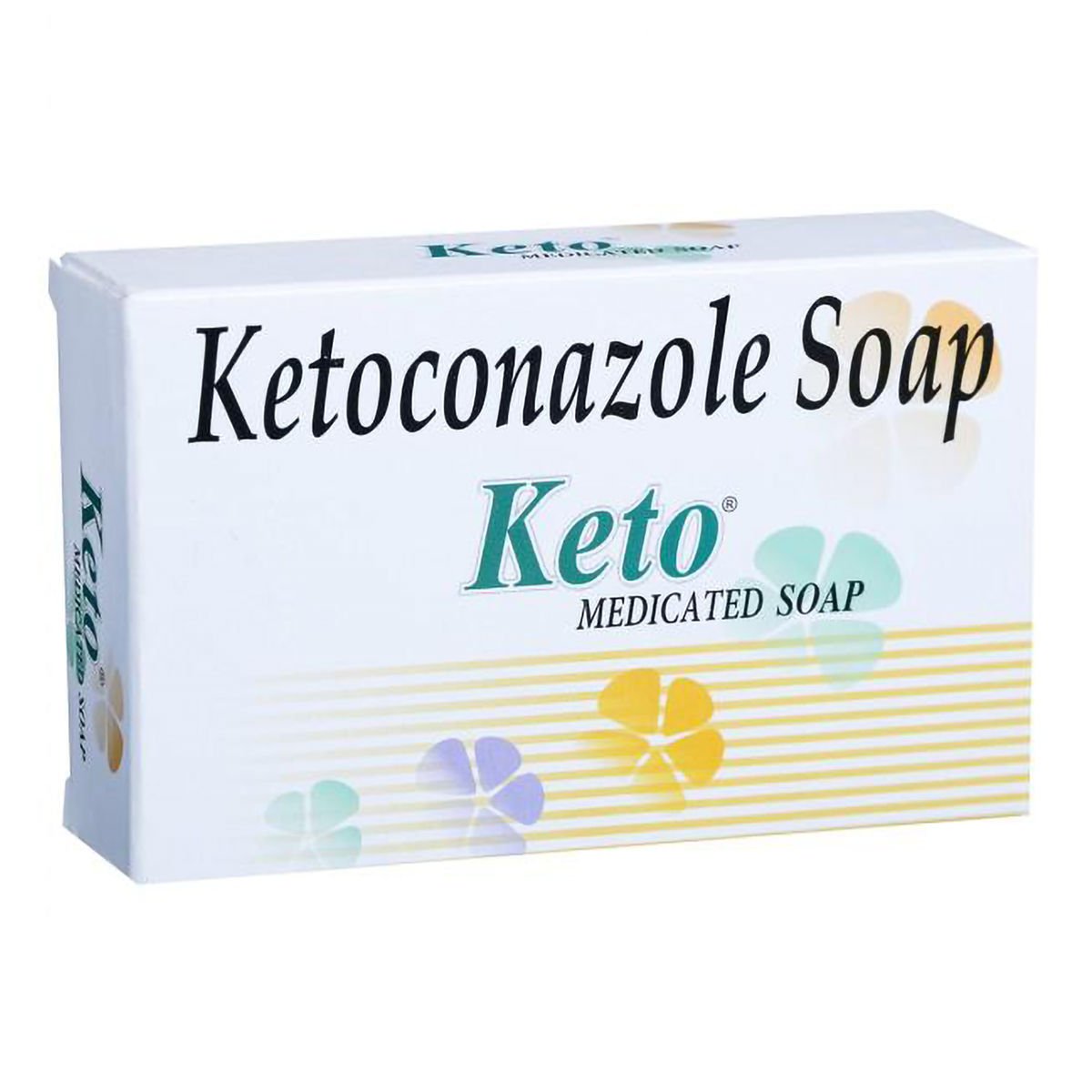- Home
- Health Condition
Medicine For Fungal Infection
Medicine For Fungal Infection
- Total Items (2641)

Clozostrong-DP 1% Dusting Powder 100 gm
₹89.70
MRP ₹119.50
25% off
 RX
RXItracip 200 mg Capsule 10's
₹198
MRP ₹247.50
20% off
 RX
RXLunabet Cream 10 gm
₹81.40
MRP ₹108.50
25% off
 RX
RXLunabet Cream 30 gm
₹267.40
MRP ₹356.50
25% off
 RX
RXCandid-B Cream 20 gm
₹156.20
MRP ₹173.50
10% off

Candid Dusting Powder 250 gm | For Fungal Infections, Sweat Rashes, Irritation & Itching
₹246.20
MRP ₹273.50
10% off
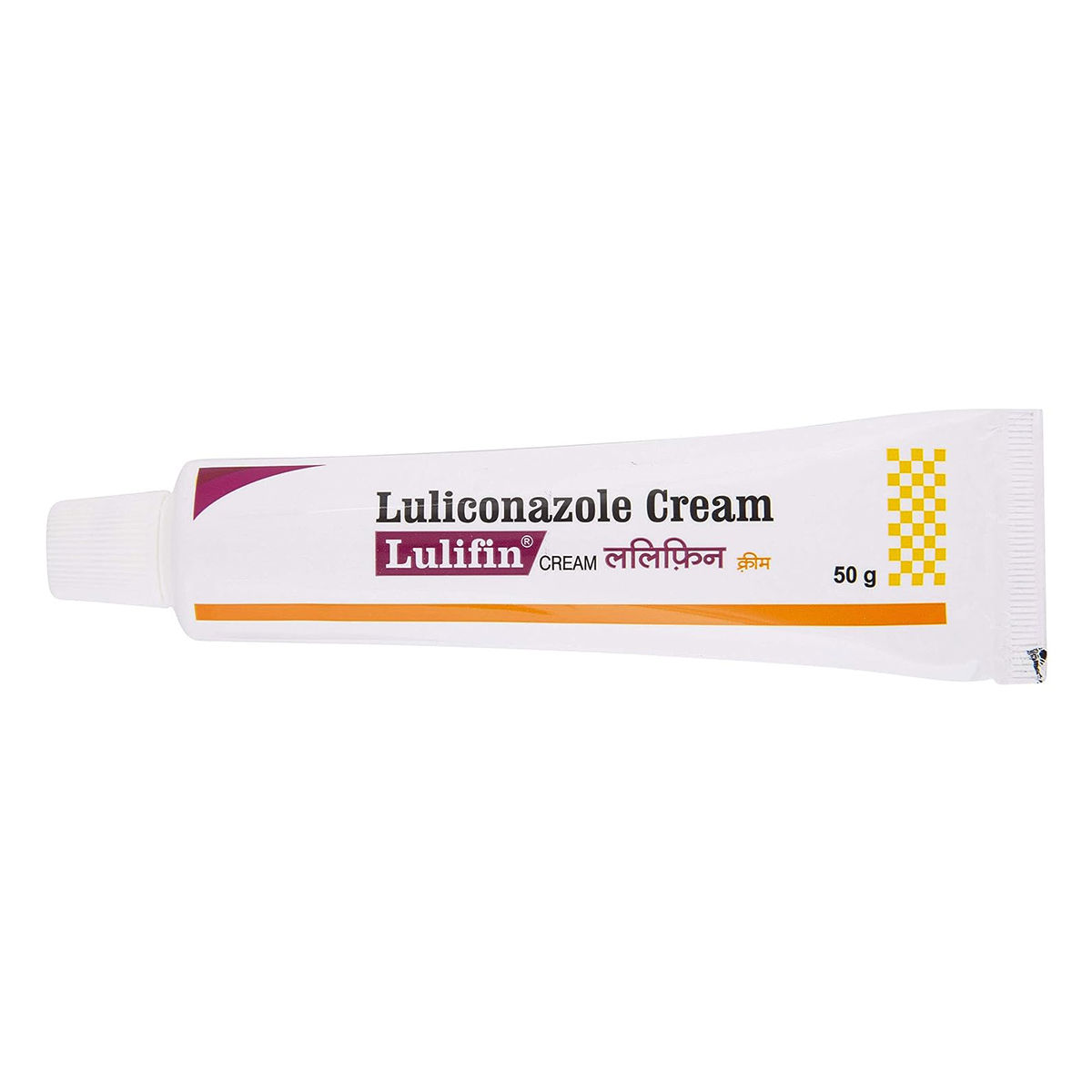 RX
RXLulifin Cream 50 gm
₹340.20
MRP ₹378
10% off
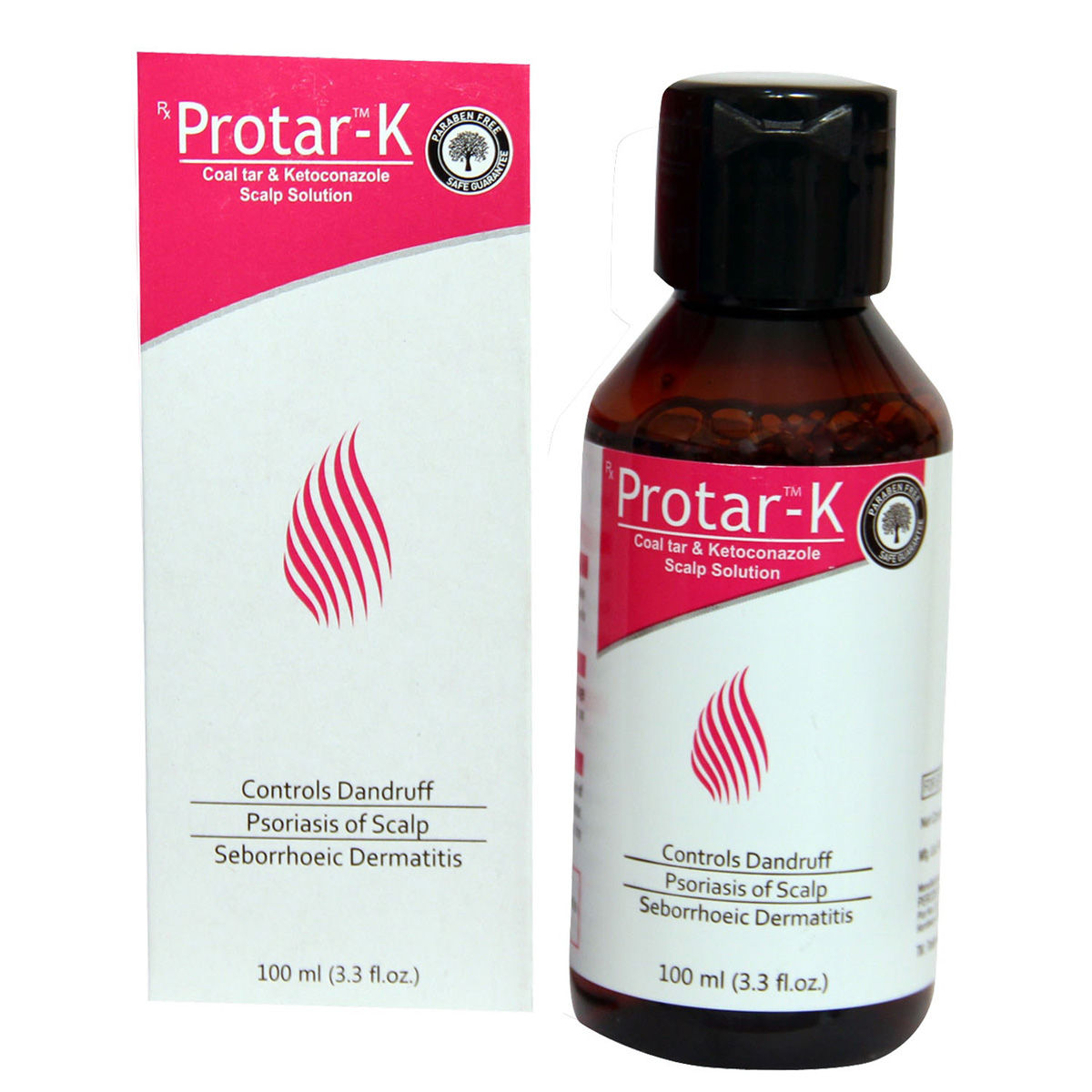 RX
RXProtar-K Solution 100 ml
₹472.50
MRP ₹525
10% off

Candid Cream 30 gm|For Fungal Infections|Skin Itching & Irritation
₹88.40
MRP ₹100.50
12% off
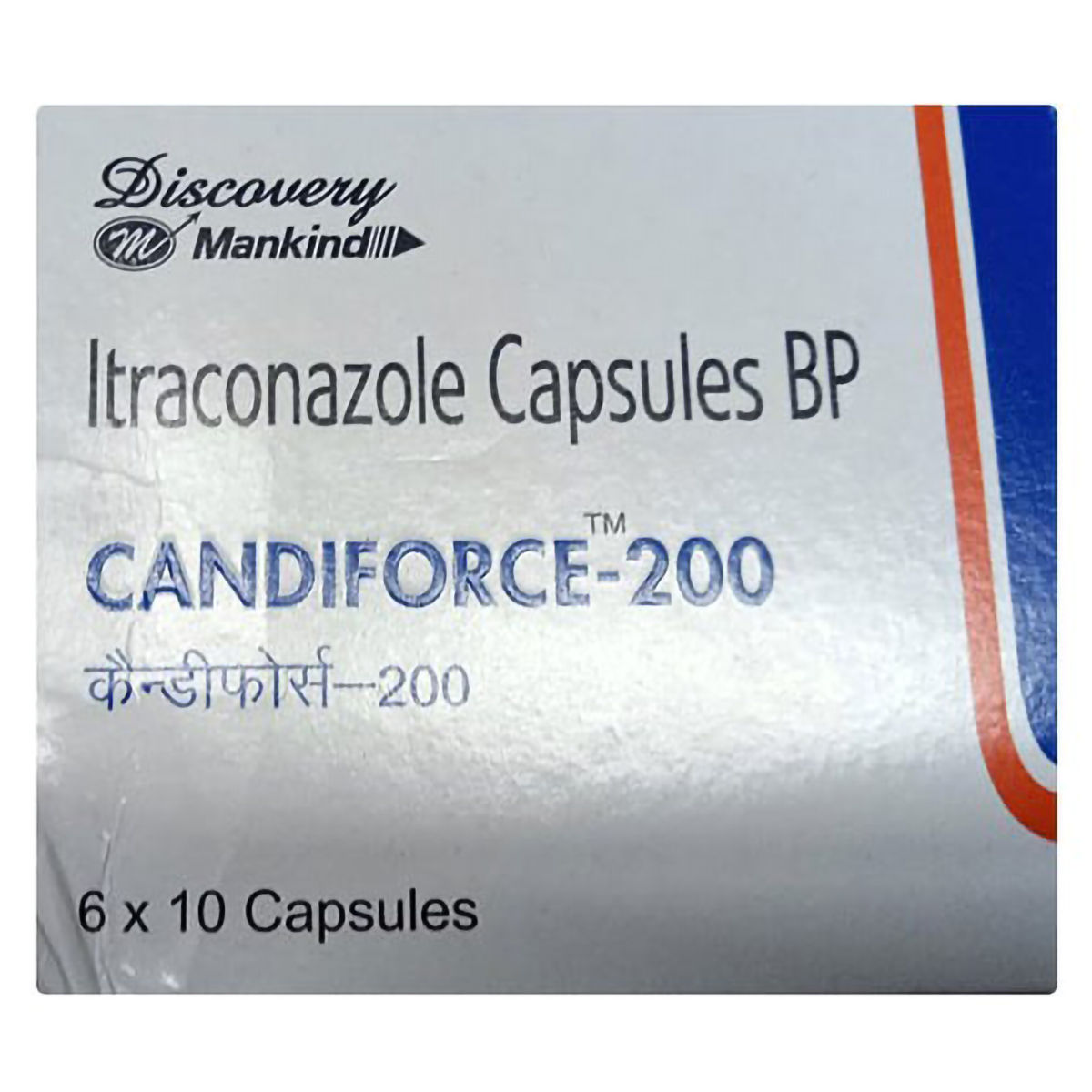 RX
RXCandiforce-200 Capsule 10's
₹222.80
MRP ₹247.50
10% off

Loceryl Nail Lacquer 2.5ml
₹760.30
MRP ₹864
12% off
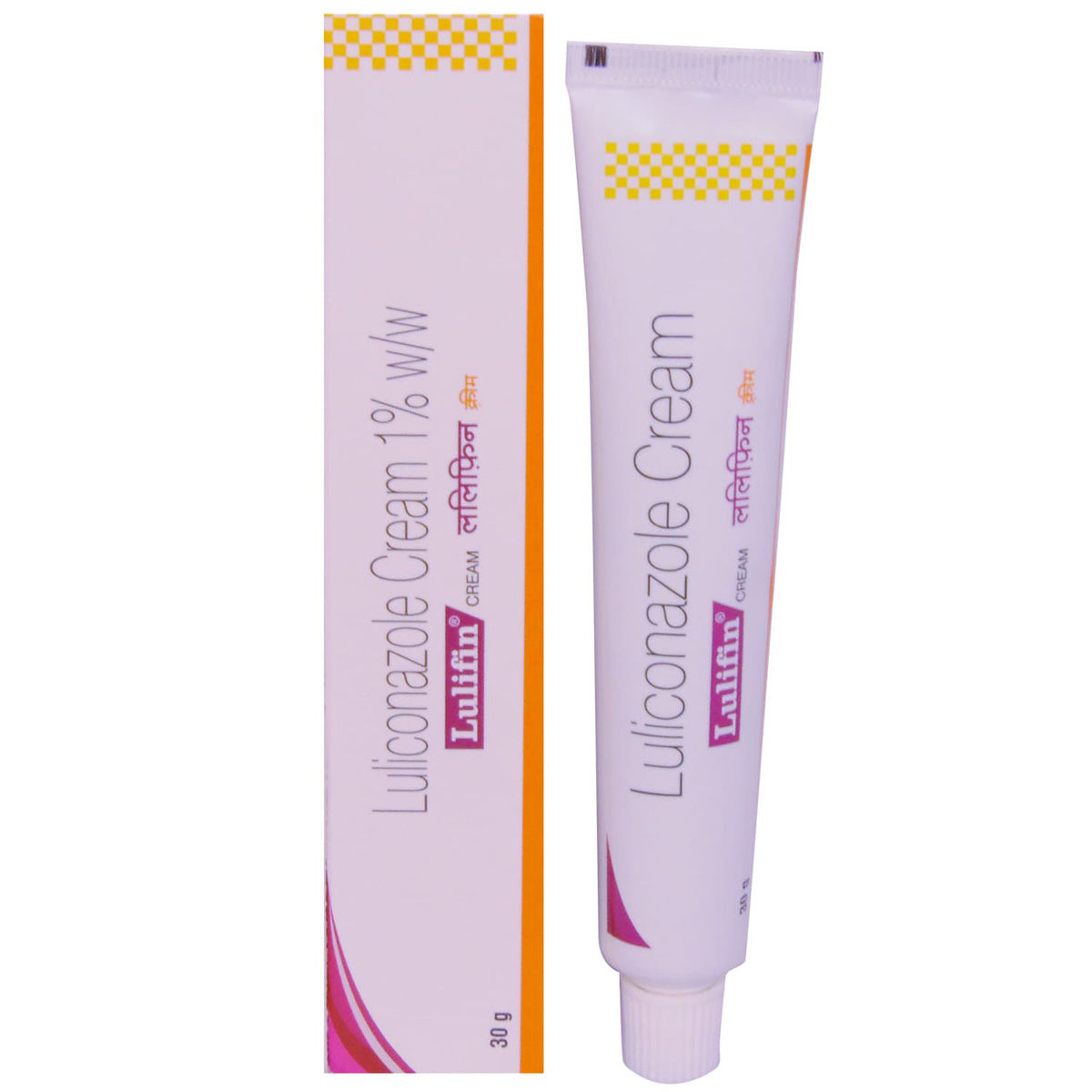 RX
RXLulifin Cream 30 gm
₹304.20
MRP ₹338
10% off
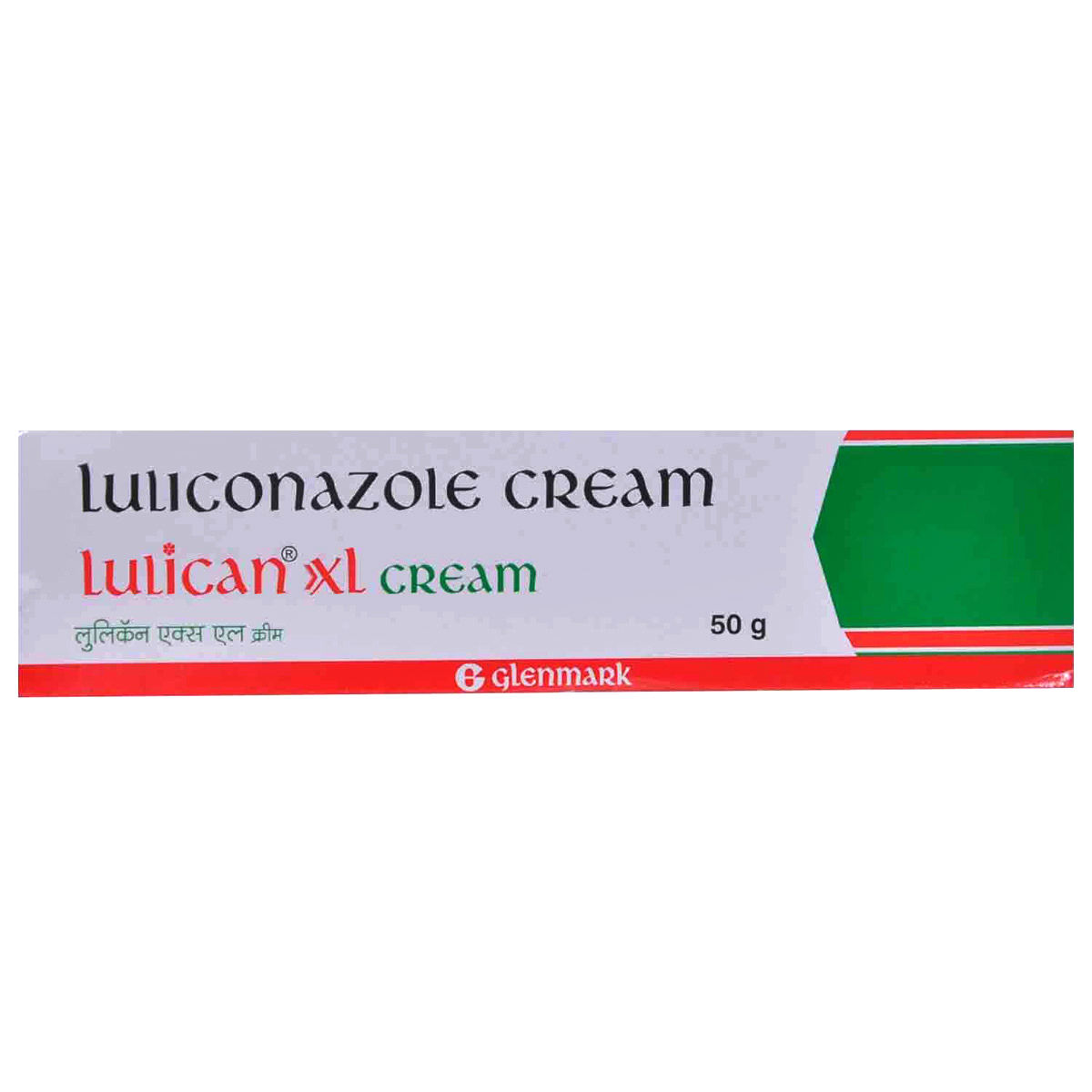 RX
RXLulican XL Cream 50 gm
₹355.50
MRP ₹395
10% off
 RX
RXOnabet SD Solution 15 ml
₹224.60
MRP ₹249.50
10% off
 RX
RXPicasa-GR Tablet 10's
₹4501.80
MRP ₹5490
18% off

KZ Plus Lotion 75 ml | Ketoconazole & Zinc Pyrithione | For Dandruff
₹359.10
MRP ₹399
10% off
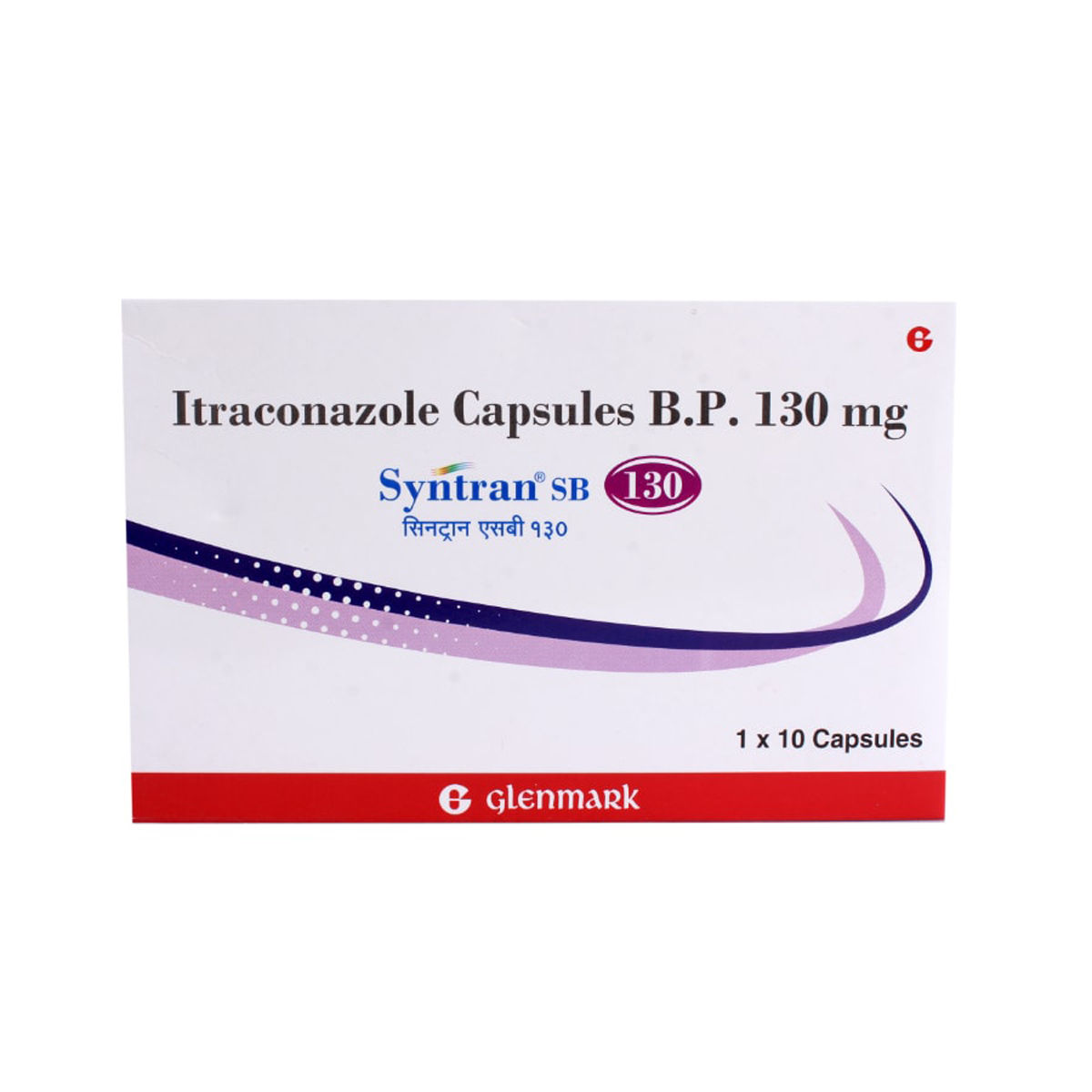 RX
RXSyntran SB 130 Capsule 10's
₹252
MRP ₹280
10% off
 RX
RXVoritrol 200 Tablet 4's
₹2285.10
MRP ₹2539
10% off
 RX
RXCandid TV Suspension 75 ml|For Dandruff, Tinea Versicolor
₹318.20
MRP ₹353.50
10% off
Medicines For Fungal Infections
Fungal infections are common and can happen in different parts of the body. They occur when harmful fungi grow too much on or in the body. This can cause symptoms like itching, redness, swelling, and sometimes more serious problems. While some fungal infections are mild and easily treatable, others can be chronic and more difficult to manage. Common types of fungal infections include athlete's foot, ringworm, candidiasis (thrush), and fungal nail infections. Effective treatment typically involves antifungal medications, which come in various forms and strengths to target the specific type of infection.
Types of Medicines Used for Fungal Infections
Fungal infections can be treated with different types of medicines, depending on the kind of infection, how serious it is, and where it is. These medicines come in different forms, such as creams to apply on the skin, tablets to swallow, and sometimes even injections. Medicine for fungal infection include:
1.Topical Antifungals
Creams, Lotions, and Ointments: These are the most common forms of antifungal medications used for surface-level fungal infections, such as athlete’s foot, ringworm, and jock itch. Topical antifungals are applied directly to the infected area, making them highly effective for skin-related fungal issues.
Common topical antifungal medications include:
- Clotrimazole: A widely used antifungal for treating athlete’s foot, ringworm, and thrush.
- Terbinafine: Used for treating skin and nail infections.
- Miconazole: Often used for fungal infections in the genital area or skin.
- Ketoconazole: Available in both cream and shampoo forms, commonly used for dandruff and skin infections.
2.Oral Antifungals
- Tablets and Capsules: When fungal infections affect deeper layers of the skin, nails, or internal organs, doctors may prescribe oral antifungal medications. These are systemic treatments, meaning they work throughout the entire body, often required for infections like candidiasis or severe fungal skin infections.
Common oral antifungal medications include:
- Fluconazole: Typically used for vaginal thrush or systemic fungal infections.
- Itraconazole: Often used for skin infections, especially those that don’t respond to topical treatments.
- Terbinafine: In oral form, it’s effective against nail fungus and other deeper skin infections.
- Griseofulvin: A prescription drug used to treat ringworm and nail infections.
3.Intravenous Antifungals
For severe systemic fungal infections, antifungal medications can be administered intravenously. These are generally prescribed when the infection is life-threatening or resistant to oral treatment.
Common intravenous antifungals include:
- Amphotericin B: Often used for severe fungal infections like histoplasmosis or cryptococcosis.
- Echinocandins: A newer class of antifungals that are often used for treating serious Candida infections.
Topical Antifungal Sprays and Powders
In addition to creams and ointments, antifungal sprays and powders can also be effective for treating superficial infections. These are commonly used for fungal infections of the feet and other areas that are prone to moisture.
Common antifungal sprays and powders include:
- Tolnaftate: Effective in treating athlete’s foot and ringworm.
- Clotrimazole powder: Used to treat skin infections, especially in areas where friction and moisture are a concern.
Benefits of Using Medicines for Fungal Infections
The primary benefit of using antifungal medications is the relief of symptoms and elimination of the infection. Specific benefits include:
- Effective Treatment: Antifungal medications are designed to kill or inhibit the growth of fungi, helping to clear up the infection.
Prevention of Recurrence: Correctly using antifungal treatments can prevent the infection from returning, especially when used as prescribed for the full duration of treatment. - Reduced Spread: By treating fungal infections early with the appropriate medication, patients can prevent the spread of the infection to others.
Improved Quality of Life: Treating fungal infections promptly can relieve symptoms like itching, pain, and discomfort, which improves the patient's daily activities and overall well-being.
Dosage & Usage Instructions of Medicines for Fungal Infections
The appropriate dosage and usage instructions for antifungal medications will vary depending on the type of medication prescribed and the location and severity of the infection. However, general guidelines for use include:
4.Topical Antifungals:
- Clean and dry the affected area before applying the medication.
- Apply a thin layer of the antifungal cream or ointment to the affected area, usually twice a day, as per the instructions.
- Continue the treatment for the recommended duration, even if symptoms improve before the treatment is finished.
5.Oral Antifungals:
- Follow your doctor’s instructions carefully regarding dosage and frequency.
- Take the medication with or without food, depending on the specific instructions provided.
- If a dose is missed, take it as soon as you remember unless it is time for the next dose.
6.Intravenous Antifungals:
- Administered in a healthcare setting under the supervision of a healthcare professional.
7.Antifungal Sprays and Powders:
- Clean and dry the area before application.
- Apply the spray or powder to the affected area as per the product’s instructions.
- Use regularly as directed to prevent reinfection.
Buy Medicines for Fungal Infections or Fungal Infection Medicines Online at Apollo 24|7
If you're looking for convenient access to a wide range of antifungal medications, consider buying them online through Apollo 24|7. You can browse through a variety of antifungal creams, powders, oral tablets, and other treatments, ensuring you find the best medicine for fungal infection. With online platforms, you can also enjoy the convenience of home delivery, making it easier to stick to your treatment plan.
Frequently asked questions
The best treatment depends on the type and severity of the fungal infection. Topical antifungals are usually effective for mild skin infections, while oral antifungals are needed for more severe or systemic infections.
The time it takes for antifungal medications to show results varies. Mild skin infections may improve within a few days, while nail infections or internal fungal infections may take weeks or even months to fully resolve.
Over-the-counter antifungal medications are suitable for mild, surface-level fungal infections like athlete’s foot or ringworm. For more severe or recurrent infections, it’s best to consult with a doctor.
Some antifungal medications can cause side effects, including skin irritation, nausea, or headaches. Oral medications can also have gastrointestinal side effects. Always follow the prescribed dosage and consult a healthcare provider if you experience any unusual side effects.
Fungal infections can often be prevented by practising good hygiene, keeping the skin dry, wearing breathable clothing, and avoiding sharing personal items like towels or shoes.



